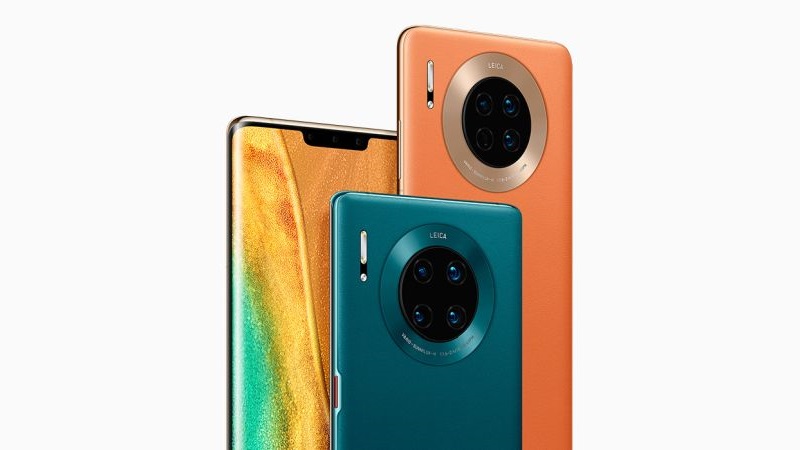The Huawei Mate 30 series is here. Or is it?
On Thursday Huawei unveiled what could be its most important smartphone ever. The Huawei Mate 30, Mate 30 Pro, and Mate 30 RS are beasts on paper.
No ad to show here.
The Mate 30 features a flat 6.62 inch OLED display, a triple camera array with a 40MP, 16MP and 8MP snapper, a 32MP selfie camera, a 4200mAh battery, and the Kirin 990 with 8GB of RAM and 128GB of internal storage.
Surprisingly, there’s a 3.5mm headphone jack, and an underscreen fingerprint reader.
The Mate 30 Pro swaps adds a ToF sensor alongside two 40MP cameras — one for cinematography and another for the primary camera — and 8MP telephoto camera for 3x optical zoom. AIS and OIS feature too. And a quite ludicrous 7680fps at 720p slow-motion recording feature, which is immensely promising and one hell of a party trick.
https://youtu.be/Bj2ffS-H6WY
A 32MP front camera adds to a front notch that also includes a gesture sensor, which powers S Pen air remote-type wizardry, above a 6.53 inch display that wraps around the sides of the phone.
The Pro gets a 4500mAh battery, 40W wired charging and 27W wireless charging.
There’s very little to criticise on either phone. The low pixel densities of the screens, possibly, but you don’t feel this while looking at the devices.
That said, and speaking of “feeling” them, we weren’t allowed to touch the phones or take pictures of them at the Johannesburg satellite launch on Thursday.
In fact, we weren’t even allowed to browse the phone’s settings menu. Presumably, Huawei doesn’t want us figuring out if they run Android or not.
From what we’ve seen from international sources at the Munich launch, the phone does run Android, but AOSP — the Google-free version of Android, if you will. This means that there’s no Google Play Store, no Google Services either.
Huawei CEO Richard Yu skirted around naming Google completely, but didn’t confirm whether or not these phones will receive Google services at launch. We don’t even know when these phones will launch, either. No release date has been set.
What we do have are prices.
The stock Mate 30 will start at €799. The Pro starts at €1099. And the RS, which features a few more stylish additions, starts at €2099.
The Mate 30 series is something of a prototype for all big smartphone makers that rely on Android and Google’s services.
We’ll have to wait until the official arrival of the phones to see how the public reacts, especially if Huawei can’t shake hands with the US. Will they love it? Hate it?
That’s perhaps the biggest question of all.
Feature image: Huawei
